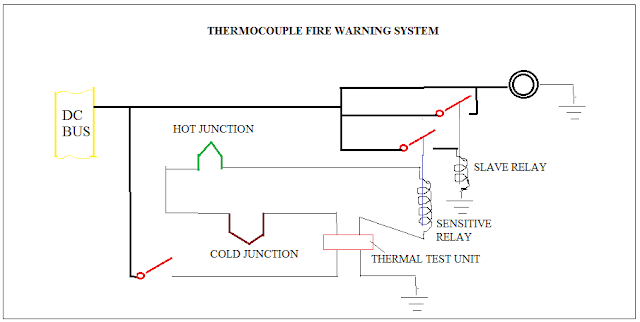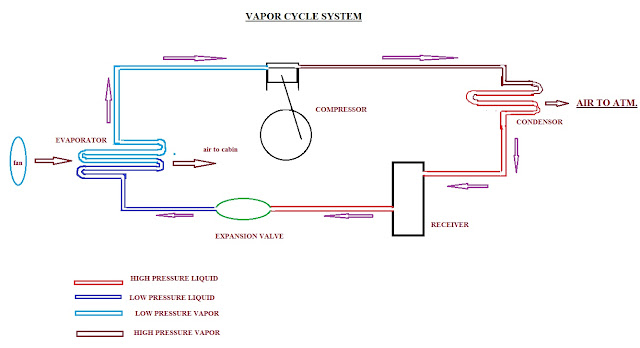Stress strain Diagram part-2
Elastic Region (Point
1 –2)
When we start to apply tensile pull on the specimen, the stress and strain develops,keeps on increasing in a proportional manner upto elastic limit. The material will return to its original shape after
the material is unloaded (like a rubber band). The stress is linearly proportional to the
strain in this region.
Point 2: Yield
Strength: A point where permanent deformation occurs. (If it is passed, the material will no longer return to its original length.)
Tensile Strength
(Point 3)
The largest value of stress on the diagram is called Tensile Strength (TS) or Ultimate Tensile Strength (UTS). It is the maximum stress which the material can support
without breaking.
Point 4: Strain
Hardening
If the material is loaded again from Point 4, the curve
will follow back to Point 3 with the same Elastic Modulus (slope). The material
now has higher yield strength of Point 4. Raising the yield strength by
permanently straining the material is called Strain Hardening.
Fracture (Point 5)
If the material is stretched beyond Point 3, the
stress decreases as necking and non-uniform deformation occur. Fracture will
finally occur at Point 5.




I really like your post. Thanks for sharing such a informative blog. Keep posting and upgrading our knowledge.
ReplyDeleteFlammability Testing Equipment | Laboratory Testing Equipment & Instruments
Understanding Diagram about the stress
ReplyDeleteAerospace engineering is an amazing field that focuses on designing aircraft and spacecraft. It combines science, technology, and innovation to explore the skies and space.
ReplyDeleteAeronautical engineering is truly one of the most fascinating fields! It’s amazing how it combines science, technology, and creativity to design and develop aircraft. With advancements in space exploration and modern aviation, the opportunities for aeronautical engineers are expanding rapidly.
ReplyDelete